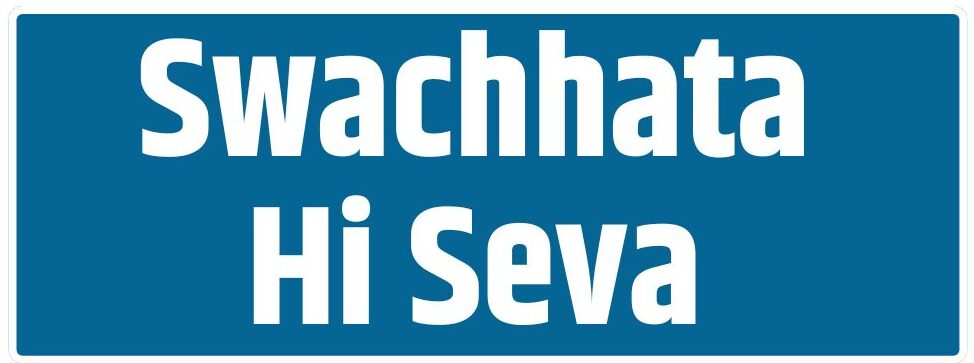The Earned Income Tax Credit (EITC) is a powerful federal tax benefit designed to support workers with low to moderate incomes. It provides financial relief based on income, marital status, and the number of dependents claimed.
One of the best parts? The EITC is refundable—if your credit is larger than the taxes you owe, you receive the difference as a tax refund.
Whether you have children or not, you may still qualify for this program. Let’s look into how you can benefit from it and what you need to know.
Eligibility
Before claiming the EITC, you must meet specific eligibility requirements. The IRS sets different conditions based on factors such as income level, investment earnings, and age.
Income Limits
The amount of EITC you can receive depends on your income and the number of dependents. However, there is a limit on investment income to ensure the credit goes to those who rely primarily on wages.
- For 2024 (filed in 2025): Investment income must be $11,600 or less.
- For 2025 (filed in 2026): The limit increases to $11,950.
If your investment income exceeds these limits, you won’t qualify for the EITC.
Age Requirements
If you’re applying without qualifying children, you must be between 25 and 65 years old. However, if you are married and filing jointly without children, only one spouse must meet this age requirement.
Foreign Income Restrictions
To qualify for the EITC, you cannot file Forms 2555 or 2555-EZ, which are used to report income earned outside the U.S. If you have foreign earnings and file these forms, you won’t be eligible for the credit.
Separated But Still Married?
If you are separated but not yet legally divorced, you may still qualify under these conditions:
- You do not file a joint return.
- Your child lives with you for more than half the year.
- You have not lived with your spouse for the last six months or have a formal separation agreement.
Additional Requirements
Even if you meet the basic criteria, you must also:
- Be a U.S. resident or a foreigner with resident status all year.
- File a tax return, even if your income is below the required threshold for filing.
- Have a valid Social Security number (SSN) for yourself, your spouse (if filing jointly), and any dependents included in your claim.
- Avoid filing Form 2555 (foreign income).
Failing to meet any of these conditions could disqualify you from receiving the credit.
Why Accuracy Matters
The IRS takes the EITC very seriously, and errors in your application can lead to significant penalties. If you make a mistake, you could:
- Face a 10-year ban from claiming the credit.
- Be required to pay back any incorrectly received refunds.
- Undergo an IRS audit that may examine previous tax returns.
To avoid these risks, double-check your tax return and ensure all forms are filled out correctly before submission.
The Earned Income Tax Credit is a fantastic financial tool for eligible workers, helping them reduce their tax burden or even receive a refund. However, meeting all the eligibility criteria and ensuring accuracy in your tax return is essential.
If you’re unsure about your qualifications, consider consulting a tax professional to maximize your benefits without risking penalties.
FAQs
Who qualifies for the EITC?
Workers with low or moderate incomes who meet IRS guidelines.
Can I get the EITC without children?
Yes, but you must be between 25 and 65 years old.
What is the investment income limit?
$11,600 for 2024 and $11,950 for 2025.
Do I need a Social Security number?
Yes, for yourself, your spouse, and any dependents claimed.
Can errors lead to penalties?
Yes, mistakes can result in a 10-year ban from the EITC.




















